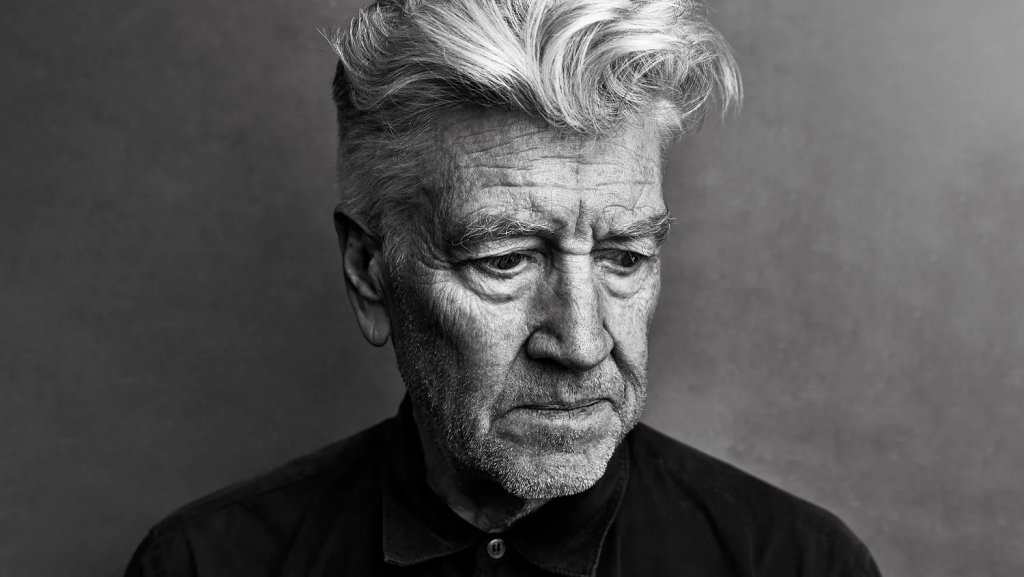In this parasocial age, perhaps it is inevitable that we feel some public figures’ deaths as intensely as those of loved ones. The first I remember that truly impacted me was David Bowie in 2016, a visionary artist still at the height of his powers whose final album, Blackstar, gained a tragic resonance when his long-concealed illness came to light. Now, almost exactly nine years later, at the beginning of what may well be another similarly catastrophic year, we’ve lost another great David. As I write this, I have only had about an hour to process my feelings, so I may not be the most articulate. But this much at least is clear: we have lost one of our few truly inimitable creators, the like of which I seriously doubt we’ll ever see again.
Lynch has often been called a “surrealist” by critics as an easy shorthand for his highly particular style; Pauline Kael even called him “the first populist surrealist.” While this definition accurately captures Lynch’s disregard for the enforced naturalism of mainstream filmmaking, it still does his work a disservice. The label implies a continuation of the work of ‘20s Surrealists like Buñuel and Cocteau, which could not be further from the truth. Those directors, great as they were, were more concerned with breaking down the language of narrative and engaging in technical exploration than anything. Lynch, meanwhile, was unafraid to work within familiar story structures, even dabbling in melodrama and the occasional cliché. What set him apart was the approach he took to these elements: alternately unflinchingly vivid and wistfully detached but always mesmerizing as a lucid dream.

Even if you aren’t very familiar with Lynch’s work, you probably know Twin Peaks. That 1990 TV series revolutionized what American TV could look like; despite taking the outward form of a procedural, it showcased bizarre characters, oddball humour, haunting images, and otherworldly excursions. Sometimes, it even produced remarkably moving moments like when the clairvoyant Major Briggs finally spoke candidly to his son Bobby. If you haven’t seen the show, then you’ve surely seen its influence in the myriad shows that shamelessly stole from it: X-Files, Wayward Pines, Carnivàle, From, and even Lost. It is perhaps fitting that Lynch’s greatest popular success ended up being the last he revisited: The Return, the long-awaited third season of Twin Peaks, released in 2017, now stands as his swan song.
That season alienated many—including me—with its vastly increased weirdness quotient, including a mostly wordless black-and-white episode revolving around murderous lumberjacks and the Trinity nuclear test. But when I revisited it recently, it struck me as a perfect document of its time. If Lynch’s earlier works like Blue Velvet and Wild at Heart turned the collective unconscious images of his ‘50s childhood into nightmares, then Twin Peaks: The Return takes the openly nightmarish first Trump era to its horrific logical endpoint, where even words have no purchase. That was his greatest gift: the ability to dive into our shared dreamscape—that is, fiction—and twist those familiar elements into a powerfully personal vision that was impossible to look away from because it unearthed so many things we shared, too. He was a fearless traveller in those dark, haunted paths of dreamland… an oneironaut who paved the way for so many more.
Emphysema, a product of Lynch’s smoking habit, prevented him from making any further major works after The Return, and now it has taken him from us entirely, along with his remarkable ability to offer profound catharsis. One of the best illustrations of this was in his opus Mulholland Drive, which brought out all the most unsavoury parts of the Hollywood mythos and, in so doing, left them to burn like vampires in the cold light of day. Speaking our nightmares out loud always diminishes their power. As new and familiar monsters alike prepare to dance their Witches’ Sabbath, we are left without one of our finest storytellers to counter them. More than that, we no longer share the planet with this remarkable human being—a man who can make even weather reports fascinating viewing.
Goodbye, David, hope there are sunny skies where you are. We’ll just have to get through these cloudy days on our own.
